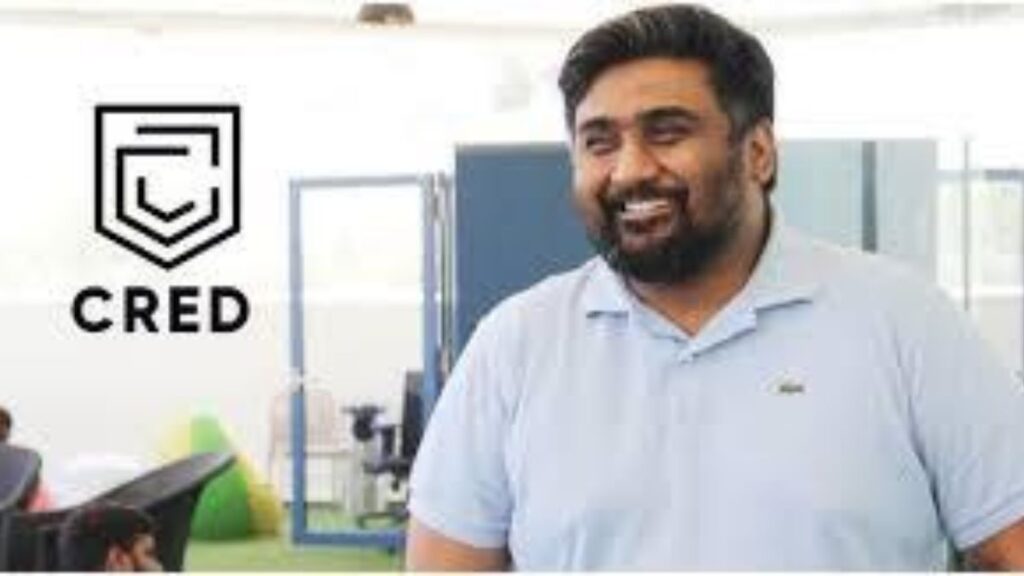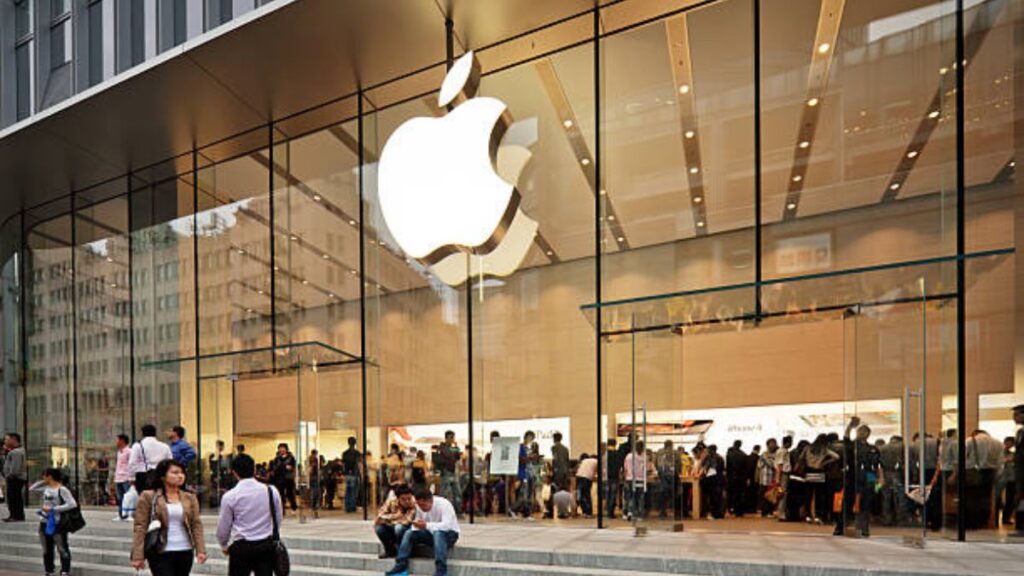Intel is seeking EUR 8 billion ($ 9.7 billion or approximately Rs. 71,249 crores) in government funding to build a semiconductor factory in Europe, its CEO was quoted as saying on Friday, as the region seeks to reduce its imports due to shortages. of things.
This is the first time that Pat Gelsinger has made it clear how much he will need government assistance, as Intel is pushing for a multi-billion dollar deal to push Asian competitors to contract.
“We are asking the American and European governments to make it more competitive for us to do it here than in Asia,” Gelsinger told Politico Europe in a statement.
Politico quoted Gelsinger as saying he wanted about EUR 8 billion in grants. The company later distanced itself from the report, saying it did not provide a specific figure, although it made it clear that EU leaders needed to invest to secure a strong semiconductor industry.
Gelsinger, on his first European tour since taking office, met with European Commissioner Thierry Breton in Brussels on Friday. The visit followed the launch of Intel’s $ 20 billion (approximately Rs. 1,48,191 crores) chip production program in the United States.
In addition, Gelsinger is looking at a plant site in Europe that he says will restore Breton’s goal of doubling the regional share of global chip production by 20 percent over the next decade.
Breton held talks earlier on Friday with Taiwan Semiconductor Manufacturing Company (TSMC), the world’s number one digital producer ahead of Samsung and Intel Korea.
In separate tweets, Breton described his meeting with Intel’s Gelsinger as “in-depth conversation”, while a video call with Maria Marced, president of TSMC Europe, was “a good exchange”.
“To meet the current and future needs of the semiconductor industry, Europe will significantly increase production capacity – both in itself and in the chosen partnerships to ensure supply security,” Breton said.
The TSMC said talks with Breton showed its commitment to the region. “Our desire to support our customers as fully as possible means that we are always ready to establish open communication with governments and regulators wherever they are, and we, too, are stable,” the company said.
The commission said Breton would continue negotiations on May 4 with the CEOs of two Dutch semiconductor players: ASML, the leading manufacturer of semiconductor lithography tools, and chipmaker NXP.
The recent disruption of semiconductor supply chains has not added urgency to efforts to reduce imports, but analysts warn that Europe’s reduced technology base means it does not provide a viable market for the advanced crop, or “fab”.
Industrial and communications sources say that, of Big Three’s largest producers, Intel is the only one that has so far expressed significant interest in Breton’s goal of producing the most advanced chips in Europe.
Breton’s drive to attract a senior foreign manager rather than the carefree players who grew up at home, also discusses building a European semiconductor alliance that will cater to their interests.
German Infineon said on Friday it welcomed Breton’s move to boost chip production in Europe.
“With limited resources naturally it is important to discuss urgent needs and sensible investment strategies,” says Infineon.
German tour
Gelsinger, who met with Economy Minister Peter Altmaier and Bavarian Governor Markus Soeder on a German leg during his European tour, was quoted as saying that Germany would be a good place to build European foundations.
“Politically, if you are in Europe, you want to be on the European continent,” he told Politico, echoing a second interview with German businessman Handelsblatt.
“We think of Germany as a candidate – not only, but a candidate – where we can build our ability to lie,” he said, showing interest in Benelux countries.
In Germany, Gelsinger also met with officials from BMW car makers and telephone operator Deutsche Telekom, Intel reported. Sources say he also visited Volkswagen headquarters, although neither side has confirmed this.
Gelsinger will travel to Israel next week, where Intel is due to announce a $ 200 million investment in a new chip development and 1,000 staffing campus.



